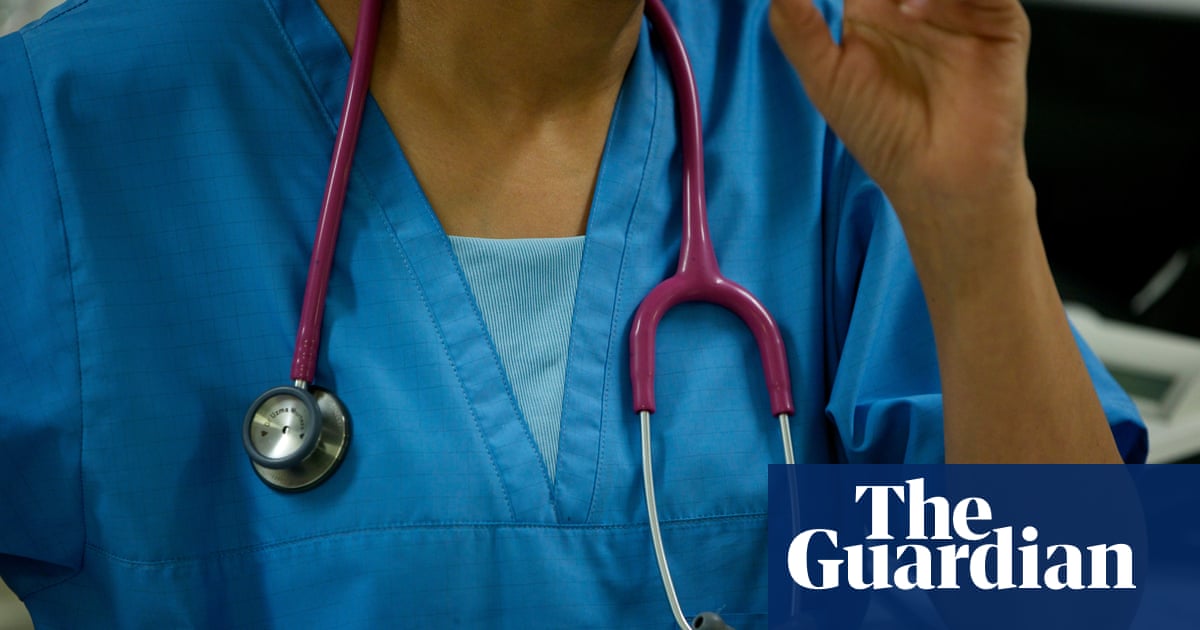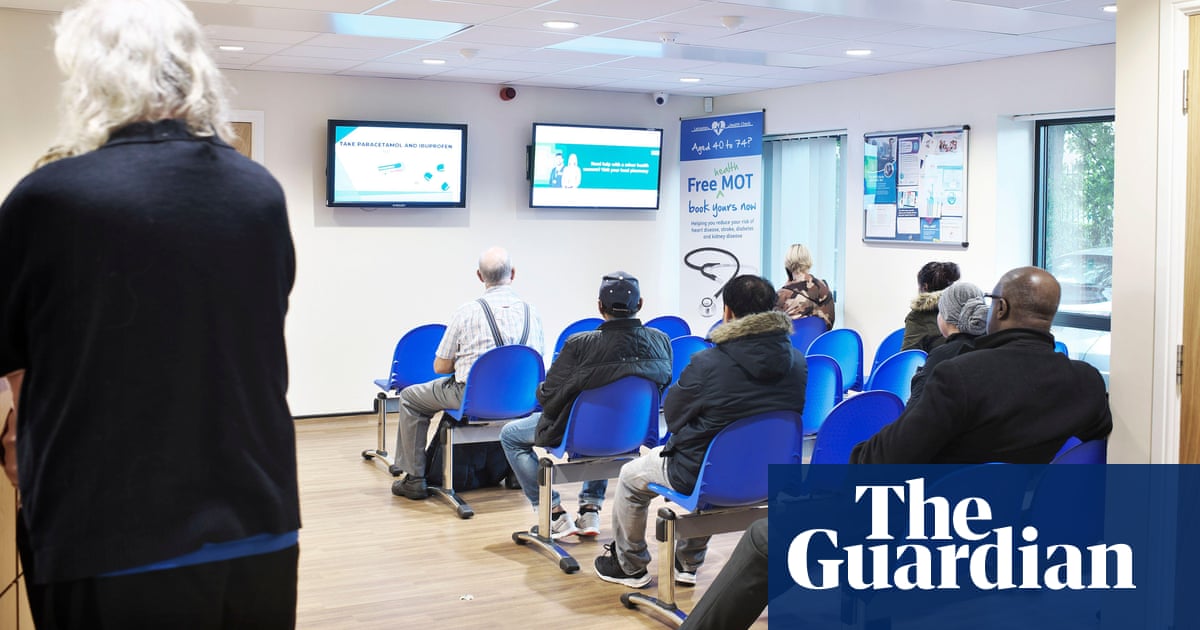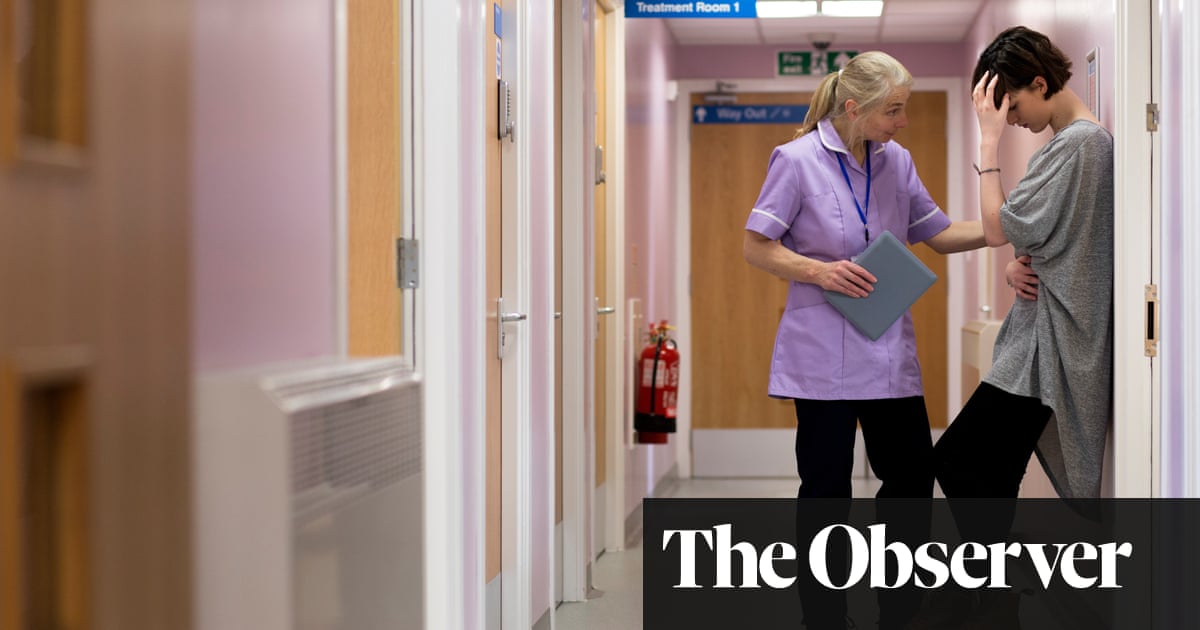
The NHS faces a “mass exodus” of GPs, experts have warned as figures reveal nearly one in four are nearing retirement amid a growing row over staff shortages and access to family doctors.
Official data show that 23% of family doctors in England – or more than 6,000 – are 55 or over and expected to quit within the next few years. The average age at which doctors retire is now 59, and only one in 10 is under 35. The number of doctors retiring early has more than trebled since 2008.
The NHS Digital figures also show nearly four in 10 GPs (38%) are aged 50 or over, underlining a demographic “time bomb” set to hit surgeries.
Senior doctors said the figures were a huge concern, especially as burnout and “overbearing scrutiny” from politicians are prompting thousands more to say they are considering quitting.
The departure of thousands of GPs from the profession over the next year is an “increasingly realistic prospect”, said Prof Martin Marshall, the chair of the Royal College of GPs (RCGP). Some GP surgeries had already been forced to close their doors for good because of staff shortages, he said.
The government is facing a growing backlash over the absence of a plan in the budget to fix the NHS workforce crisis. NHS Providers, which represents NHS trusts, said staff shortages were “the health service’s biggest problem”. The former health secretary Jeremy Hunt said on Thursday that Rishi Sunak’s £5.9bn extra capital funding for the health service “will unravel [very] quickly if there aren’t enough staff to deliver the extra care needed”.
Fears of thousands of GPs retiring comes days after doctors threatened industrial action in protest at the government’s attempt to force them to see any patient who wants a face-to-face appointment. The latest GP appointment data for England, released on Thursday, shows appointments have increased by 3.5m to 17.3m over the last month and face-to-face appointments have risen by more than a quarter to 61% of the total. Before the pandemic, about 80% of general practice appointments were face-to-face.
The British Medical Association (BMA) GPs committee voted unanimously to reject the plan by the health secretary, Sajid Javid, which included “naming and shaming” surgeries that see too few patients in person. The doctors’ union has decided to hold a ballot on possible industrial action, which could result in family doctors at 6,600 practices in England reducing the work they do.
The new NHS workforce figures, analysed by the Liberal Democrats, suggest that with 6,421 GPs aged 55 or over, on average almost every surgery in England could soon lose one of its doctors.
Daisy Cooper, the Lib Dem health and social care spokesperson, said: “These figures reveal the GP retirement time bomb facing our local communities, with almost one in four GPs aged 55 or more. Without urgent action, services will be left even more overstretched while patients find it even harder to get appointments.
“The Conservatives must stop using GPs as a punching bag and scapegoating them for the government’s own failures. Instead, the government must focus on recruiting the fully qualified GPs they promised and boost funding to alleviate the pressures on surgeries, or risk a mass exodus of staff at a time when we need them most.”
In August there were 27,600 fully trained GPs in England, the NHS Digital figures show. Of these, 2,739 (10%) were 60 or over and 6,421 (23%) were 55 or over and nearing retirement.
“When GPs are approaching retirement age, it doesn’t necessarily mean they’re going to leave the profession straight away, but against the backdrop of intense workload and workforce pressures, coupled with overbearing scrutiny from some sections of the media and politicians now, it’s an increasingly realistic prospect and a huge concern,” said Marshall. “GPs are burning out and working in conditions that are unsafe for their own health and that of their patients.”
A survey of RCGP members found 8% of respondents planned to leave in the next year, 15% in the next two and 34% in the next five years, he said, with about half due to retirement and a quarter citing stress and burnout.
“In some cases, practices are closing completely. Figures show nearly 100 closed in 2020 and whilst some of these may have been due to mergers, others will have been because the workload pressures simply became too much, or vacancies couldn’t be filled, and they were forced to close the doors for good,” Marshall said.
In 2015, the government pledged to hire 5,000 more GPs within five years but the number went down instead of up. In 2019, the government promised 6,000 more GPs by 2024 to address the workforce crisis but “progress is slow”, Marshall said. “We’re seeing good work happening, with success, to encourage medical students to choose general practice – but we urgently need to see more being done to encourage GPs to stay in the profession, including by addressing ‘undoable’ workload.”
The BMA said the budget also failed to solve the problem of doctors retiring early in order to avoid being hit with hefty pension tax bills. Its pensions committee chair, Dr Vishal Sharma, said: “It’s so frustrating to see the chancellor missing an important opportunity to help keep thousands of doctors working in the NHS. It’s all very well announcing almost £6bn of capital investment for the NHS, but without plans to increase staffing or, crucially, to ensure that we retain the doctors we have, the impact on the huge backlog of patients needing care will be minimal.”












